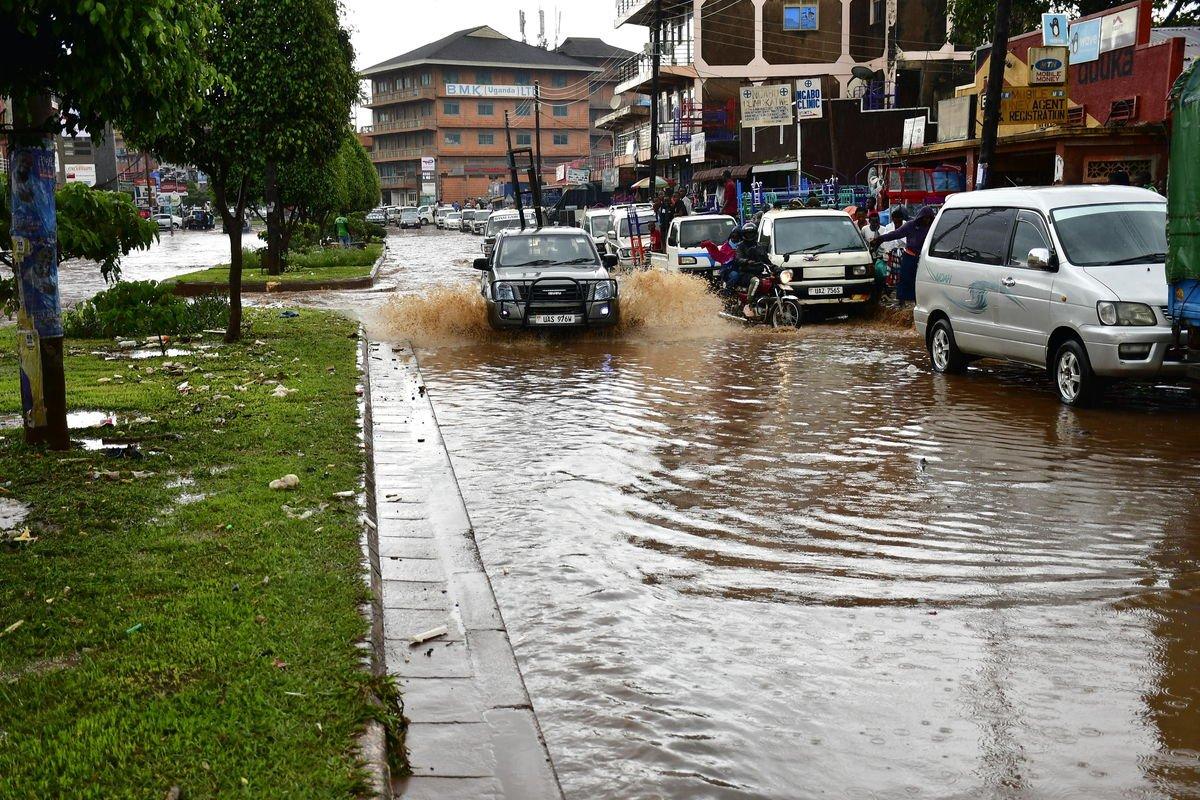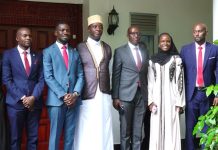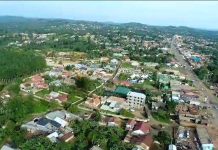Africa-Press – Uganda. Weather experts have advised farmers to use the current rains to plant short maturing crops that will sustain them during the next three months, which will largely be dry.
The months of October to December are normally wet in most parts of the country.
But Dr Daniel Waiswa, the coordinator of the national biodiversity data bank at Makerere University School of Forestry and College of Agricultural and Environmental Sciences, said analysis of several global climate predictions models customised for the Greater Horn of Africa indicate a drier period this time round.
“At the beginning of this season, our main advisory was that people start planting early and plant short term maturing crops that will take two to three months,” he said at the end of a three-day East Africa Regional Satellite Mapping Workshop on Friday.
He said together with Uganda National Meteorology Authority, they are members of the IGAD Climate Prediction and Applications Centre (ICPAC), which gives seasonal weather forecasts.
He said seven of the eight models used by ICPAC’s scientists indicate a drier three-month season, hence increasing reliability of the forecast.
Last week, the Intergovernmental Authority on Development, (Igad), the Regional Centre for Mapping Resources for Development (RCMRD) and the African Union Commission held a three-day regional member states consultative meeting to agree on action points to kickstart the development of an integrated regional policy for using satellite data to collect climate change related information and design appropriate interventions to mitigate floods, landslides and droughts.
Dr Emmanuel Nkurunziza the director general of RCMRD, said the resolutions from the meeting will be debated by line ministers, policy makers, permanent secretaries and heads of national metrology agencies from member states during their meeting at Speke Resort Munyonyo in Kampala next month.
He said satellite technology is very crucial to addressing effects and impact of climate change.
Prof Hussein Farah, a lecturer of at the Technical University of Kenya, explained that they use satellite technology for surveying and mapping natural resources such as forests, wetlands crops and minerals.
“Specifically in this meeting, we have been discussing how satellite data can help us to map and mitigate flooding, landslides and droughts that have hit northern Kenya, Ethiopia and Somalia. We have modern ways of mapping to support communities know where the resources are, their quality and plan for them,” he said.
For More News And Analysis About Uganda Follow Africa-Press






